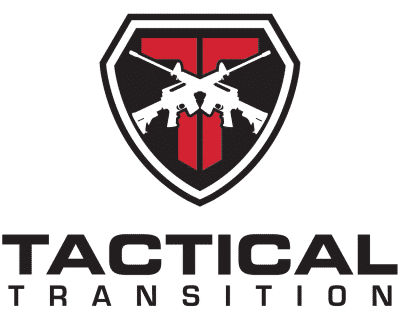- M-LOK Handguards
- M-LOK Accessories
- KeyMod Accessories
- Barrels
- Bolt Carrier Groups
- Charging Handles
- Complete Kits
- Gas Blocks
- Gas Tubes
- Iron Sights
- Lower Parts
- Mags
- Muzzle Devices
- Pistol Stock Sets
- Pistol Grips
- Pistol Accessories
- Slings
- Stock Components
- Stocks
- Stock Sets
- Stock Sets With Matching Upper
- Tools
- Upper Kits
- Upper Parts
- Upper Receivers
- Upper Sets
- Vertical Grips
Best PCC AR-15 Caliber: .45 ACP or 9mm?
Pistol caliber carbines (PCC) have been gaining a lot of traction in recent years, both for their enjoyable shooting experience and their potential for home defense and competition use. When discussing AR-15 platforms chambered in pistol calibers, two of the most common contenders are the .45 ACP and the 9mm. But which one stands out as the superior option? Let’s take a look at the pros and cons of each to find out.
1. Ballistics & Stopping Power:
.45 ACP:
- Pros: The .45 ACP has been a popular caliber for over a century, primarily due to its stopping power. The larger, heavier bullet typically offers a more significant impact, making it a favorite among many for self-defense.
- Cons: The .45 ACP’s slower velocity compared to the 9mm might lead to a less flat trajectory. It can also be overpenetrative in some situations.
9mm:
- Pros: 9mm rounds are generally faster and can offer excellent stopping power with modern hollow-point designs. With the right ammunition, 9mm can be just as effective as larger calibers, ensuring a balance between penetration and energy transfer.
- Cons: Some argue that 9mm rounds, especially ball ammunition, may not deliver the same stopping power as a .45 ACP.
2. Ammo Capacity & Size:
.45 ACP:
- Pros: Bigger bullet means larger wound channels, which can be advantageous in self-defense scenarios.
- Cons: The size of the .45 ACP round usually means fewer bullets in a magazine compared to a similarly sized 9mm magazine.
9mm:
- Pros: Given its smaller size, you can fit more 9mm rounds in a magazine. This higher capacity might be crucial in a defensive situation where multiple threats are present or when competing in shooting sports that require numerous shots between reloads.
- Cons: The trade-off for increased capacity is a smaller bullet diameter.
3. Recoil & Shootability:
.45 ACP:
- Pros: In a carbine platform, the .45 ACP’s recoil is quite manageable, providing a smooth shooting experience.
- Cons: Despite the tamed recoil in a carbine, the .45 ACP still generally has a more substantial recoil than 9mm, which might be a factor for some shooters.
9mm:
- Pros: 9mm, especially in a carbine, has very mild recoil. This can lead to faster follow-up shots and increased accuracy for rapid fire.
- Cons: There aren’t many cons in this category for the 9mm when compared to the .45 ACP.
4. Availability & Cost:
.45 ACP:
- Pros: Widely available and has been a staple in the shooting world for decades.
- Cons: Typically, .45 ACP ammunition is more expensive than 9mm.
9mm:
- Pros: 9mm is one of the most popular pistol calibers globally, making it widely available and often more affordable than .45 ACP.
- Cons: During times of increased demand, 9mm can be harder to find due to its popularity.
Conclusion:
Both the .45 ACP and 9mm have their strengths and weaknesses in a PCC AR-15 platform. If raw stopping power and a more significant impact are what you’re after, the .45 ACP might be the better choice. However, if you value capacity, reduced recoil, availability, and cost-effectiveness, the 9mm likely holds the edge. Ultimately, the best caliber for a PCC AR-15 will depend on individual preferences and intended use.
